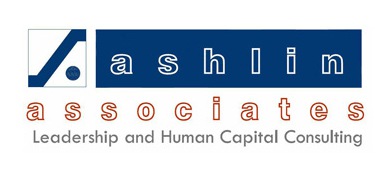What Kind of Leader Are You?
What kind of leader are you? Do you dwell on the negative? Do you focus on other people’s failures and mistakes, rather than their successes and progress? If so, you risk creating and perpetuating a culture that demotivates people and engenders fear of healthy risk-taking.
If you focus on what they do well, you are more likely to motivate and inspire them to do well!
Defining Employee Accountability
Don’t get me wrong. Employers can — and should – implement negative consequences, if deserved. But even then, you can do so by preserving people’s dignity and by treating them well. Having individuals take responsibility for their actions (and the results of their actions) is essential to individual, team, and corporate success.
But in the wrong management hands, holding employees accountable becomes a blame game. In these convoluted situations, leaders wrongly point fingers, saying things along the lines of, “Somebody (not me) really screwed up! Who (not me) did this? Who (not me) is accountable for this mess? We have to hold ourselves (and by that, I mean you) accountable for better results!”
Positive Accountability
There’s an undeniable positive side to “accountability.” Accountability basically means, “Let’s keep track and keep count.” It means, “Let’s take responsibility for our actions and the results of those actions.” It means, “Let’s set clear expectations and then expect people to meet them.” It means, “Let’s reward and celebrate accomplishments.”
When done properly, negative accountability can be avoided and positive accountability can situate an individual, or team, or company to succeed.
Positive accountability has an absolute ripple effect. It includes noticing and acknowledging positive behaviors, thanking people for their accomplishments instead of only their failures, and thanking them for their achievement. Balancing positive accountability with appropriate negative accountability is a core element of a positive work culture, one of the foundations of a true High Performance Organization. The reality is that all leaders must strive to establish and maintain accountability within themselves and with their employees.
They must.
Paulette Ashlin’s book, Leading: The Way – Behaviors that Drive Success outlines the importance of responding to, changing, and improving your behavior to become the best leader you can be. Find out more at www.ashlinassociates.com


